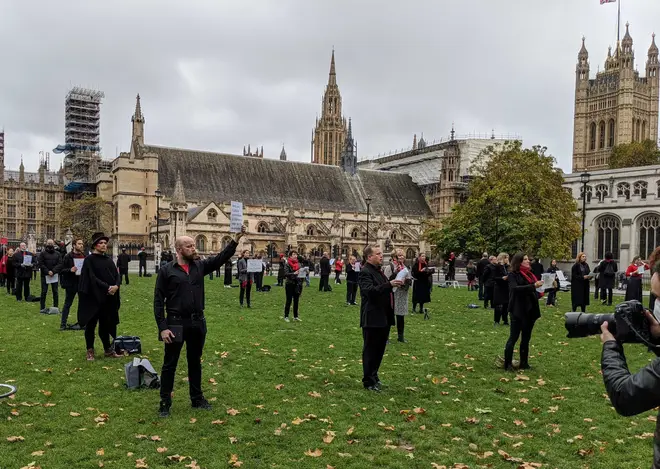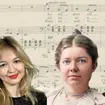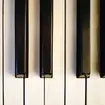‘Being told to retrain is an insult’: 150 opera singers fight for the arts in Parliament protest
30 October 2020, 14:41 | Updated: 3 November 2020, 15:20

150 opera singers fight for the arts in Parliament protest
Professional opera singers gathered in Parliament Square to sing a Verdi chorus, in a musical protest for the future of the arts.
Today (30 October) 150 opera singers sang together in London’s Parliament Square, calling for more awareness of the plight of artists and freelance singers during the coronavirus pandemic.
British sopranos Mary Bevan and Natalya Romaniw were among the operatic voices performing the Chorus of the Hebrew Slaves from Verdi’s opera Nabucco in the ‘Let Music Live’ protest, organised by We Make Events.
“This protest today is really one of the largest musical gatherings in the UK since coronavirus,” said Romaniw, speaking to Classic FM. “It’s about coming together and singing together in unison, to really protest for the future of our industry, and to celebrate the importance of art and live music. There’s nothing quite like it.
“I had shivers singing with everyone once again, and I think at the moment it feels rather pressurised because these moments are so precious and few and far between, that they’re even more poignant when they do happen.”
A similar protest took place on 6 October, when British violinists Nicola Benedetti and Tasmin Little joined 400 orchestral players as they played an extract from Holst’s ‘Mars’ to protest the lack of support for freelancers.

Currently, freelance musicians can claim up to 40 percent of their average monthly earnings through the Self-Employment Income Support Scheme (SEISS). Many musicians warn this is not enough, and many are still having to seek work in other sectors, or abroad. There have also been reports that 45 percent of musicians are not covered by the scheme at all.
English soprano Mary Bevan told Classic FM she has been performing at the Royal Danish Theatre in Copenhagen, Denmark throughout October. But singing work in the UK has been much harder to come by.
“The point is, we’re all normal people who have families and bills to pay,” Bevan said at the protest, which was Covid-safe. “And if we come out of this with only a handful of performers left who have survived this, that would be very sad.”
Current coronavirus regulations mean live performances can take place inside, but with socially distanced audiences. But with ticket revenue so reduced, the majority of venues say they cannot afford to operate. Nimax Theatres, one of the West End’s leading theatre companies, has been reopening all six of its venues since October but is running at a loss.
‘Let Music Live’ calls on the government to implement a subsidised concert ticket scheme while social distancing restrictions remain – the much-discussed ‘Seat Out to Help Out’ – and Government-backed insurance for live performances.
It also calls for targeted support for freelance musicians, many of whom have been incensed by suggestions that musicians should ‘retrain’, and by the widely circulated government-backed ‘Fatima’ advert, which appeared to tell ballet dancers to ‘rethink’ and ‘reskill’.
Romaniw said: “We’ve spent years and years and years training to be what we are today, and then be told, well actually, you’re at the bottom of the pile, is just damn hurtful.
“There are so many people who feel forced to turn to other industries or ‘retrain’. It’s such an insult.”
Throughout October, concert halls, orchestras and theatres have been benefitting from the £1.57bn arts recovery fund, which ministers say will allow venues to plan for reopening and performance to recommence. But with warnings of the loss of 170,000 live music sector jobs by Christmas, many fear for the future of the arts workforce.
A spokesperson for the government’s Department for Digital, Media, Culture and Sport (DCMS) said: “We are working flat out to support our world class performing arts sector through these challenging times. Over three quarters of eligible people in the cultural sectors have benefitted from the [SEISS].”


































